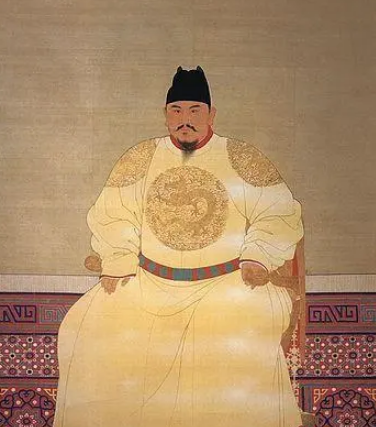In the long river of history, the definition of a hero often becomes blurred with the changes of the times. Du Fuwei and Du Chongwei, two warriors with similar names but vastly different destinies, their stories have become excellent examples for discussing the true nature of a hero. One is praised as a hero who helped to establish the Tang Dynasty, while the other is accused of being a sinner who caused its decline. So who is the true hero?

Du Fuwei, a famous general in the Tang Dynasty, was renowned for his bravery and military prowess. He played a crucial role in Tang Taizong Li Shimin's seizure of power and achieved numerous glorious victories on the battlefield. His bravery not only earned him the respect of his colleagues but also laid a solid foundation for the establishment and stability of the Tang Dynasty. Therefore, in the eyes of people at that time, Du Fuwei was undoubtedly a hero, and his name was closely linked with the prosperity of the Tang Dynasty.
However, history is always good at playing tricks. Du Chongwei, a figure with the same surname as Du Fuwei but a vastly different fate, emerged during the late Tang period and became a symbol of the Tang Dynasty's decline. As a military general, Du Chongwei did possess some military talent, but his ambition and desire for power led him to betray the Tang Dynasty, making him one of the sinners responsible for its division and downfall. His actions not only failed to earn him the title of hero but also made him a negative example in history.
When discussing who the true hero is, we have to go back to the essence of the concept of a "hero". A hero is not just a warrior who kills countless enemies on the battlefield but also a leader who can make the right choices for the interests of the country and the nation at critical moments. From this perspective, Du Fuwei's loyalty and bravery undoubtedly earned him the title of hero, while Du Chongwei's betrayal and ambition pushed him away from the halo of heroism.
However, historical evaluations are not static. People's understanding of heroes can vary depending on the era. Sometimes, a figure considered a traitor in one era may be re-evaluated as a reformer or revolutionary in later generations. Therefore, when evaluating Du Fuwei and Du Chongwei, we should also consider the complexity and multidimensionality of history.
In summary, the historical evaluations of Du Fuwei and Du Chongwei reflect the complexity of defining a hero. One is revered as a hero who helped to establish the Tang Dynasty, while the other is seen as a sinner who caused its decline. Their stories remind us that when evaluating historical figures, we should consider both their life actions and the historical context they existed in. A true hero is not just a warrior on the battlefield but someone who can adhere to their beliefs and make contributions in the flow of history.
Disclaimer: The above content is sourced from the internet and the copyright belongs to the original author. If there is any infringement of your original copyright, please inform us and we will delete the relevant content as soon as possible.
































